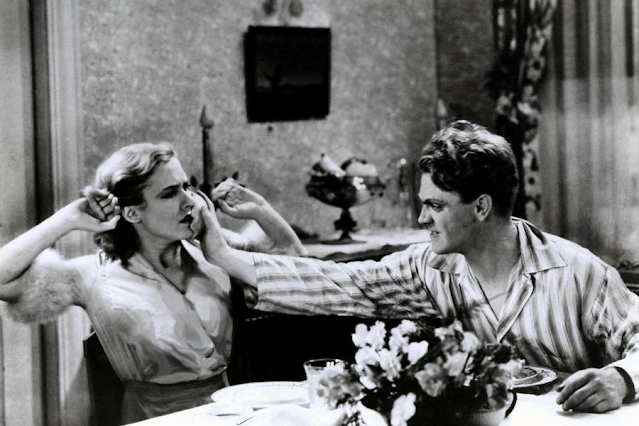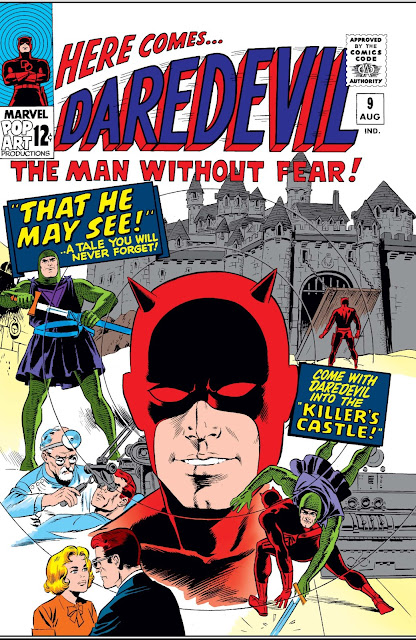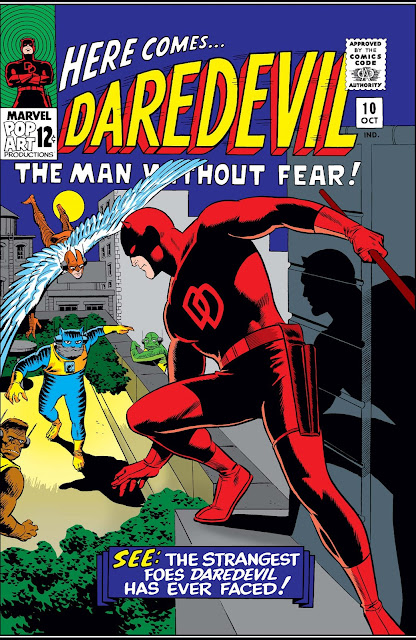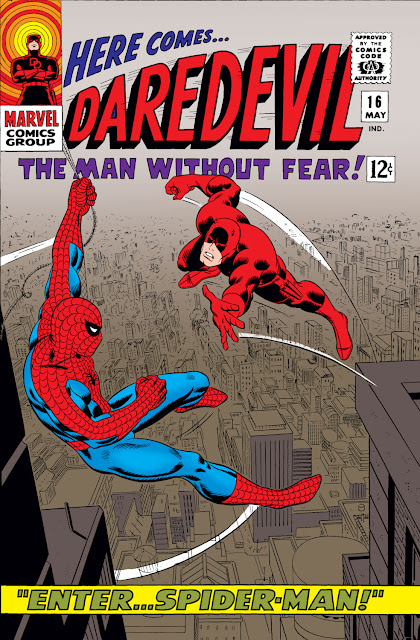First off, nursery rhymes and how they got that way. Before the technological revolution and the industrial revolution, life was very, very quiet, and you had to make your own entertainment. Anything loud was very popular.
I just found out that the "weasel" in "Pop Goes the Weasel" could well be a spinner's weasel. Now a spinner's weasel is "a mechanical yarn-measuring device consisting of a spoked wheel with gears attached to a pointer on a marked face (which looks like a clock) and an internal mechanism which makes a "pop" sound after the desired length of yarn is measured" (usually a skein, or 80 yards). (Wikipedia)
On a sleepy rainy day, back in the 1700s, that could really the kids up, couldn't it? Plus it gave them something to do…
"His first Adventure, as near as we can learn, was on a Servant Maid in New-street, who being sent out to look for her Master, as she was turning a Corner, perceived a Tall black Man[n 2] standing up against the wall, as if he had been making water, but she had not passed far, but with great speed and violence seized her, and in a trice, laying her across his knee, took up her Linnen, and lay'd so hard up-on her Backside, as made her cry out most piteously for help, the which he no sooner perceiving to approach (as she declares) then he vanished."- Whipping Tom Brought to Light and Exposed to View, 1681
FOR BURNS: “Take a live snail and rub its slime against the burn and it will heal”
A nice, simple DIY remedy – and yes, it would help reduce blistering and ease the pain! Recent research has shown that snail slime contains antioxidants, antiseptic, anesthetic, anti-irritant, anti-inflammatory, antibiotic and antiviral properties, as well as collagen and elastin, vital for skin repair. Modern science now utilizes snail slime, under the heading ‘Snail Gel’, as skin preparations and for treating minor injuries, such as cuts, burns and scalds. It seems that medieval medicine got this one right. (History Extra)
So keep a snail around - you never know when you might need one.
And now for something completely different, my favorite new streaming channel is Retro Reels, which you can get through Roku for the reasonable price of $2.99 a month. It has just about every movie you can imagine from the 30s and 40s, and we are having a great time. The only down side is that it has no search engine, so you have to scroll until you find a title you want to watch. And there's everything - from Charlie Chan to Cary Grant - so you're bound to get distracted from your original search. Happy accidents abound!
The other night we watched The Public Enemy (1931) with James Cagney, and while everybody knows about this scene:
imho, it's nowhere near the most shocking scene in the picture. But we'll get to that in a minute.
You can tell The Public Enemy was made pre-Hays Code. You can also tell it was made in America, because all the good guys are so squeaky-clean they'd bore Billy Graham. Even Ma... (Oh, Ma, get a new dress and quit pretending you don't know what your Tom does for a living.)
(I've said it before, and I'll say it again, people really need to reread Victorian novels and find out how to make good people interesting. The stupidest line I ever heard was about 10 years ago on a show where the squeaky-clean hero's girlfriend said "It's easy to be good, but it's so hard to go bad." No, dimwit, it's the exact freaking opposite. The Victorians at least knew that temptation was actually tempting.)
Speaking of pre-Hays, how about Jean Harlow? She didn't have a lot of scenes, and she really wasn't that good at delivering her lines (I much prefer her in Red Dust - she and Gable had great chemistry, and they went on to make 6 movies together), but that white silk/satin lounge outfit made all of that irrelevant.
(Triva: On the set one day, Cagney stared at Harlow's cleavage and asked, "How do you keep those things up?" "I ice them," Harlow said. IMDB)
Meanwhile, there's Cagney, with charm, energy, one hell of a great grin, and a real gift for that 1930s fast dialog which he made sound like the smartest wisecracks you ever heard, which they often weren't. The result is that (almost) no matter what he was doing, you root for him. Same as in Angels With Dirty Faces. (Some people have that gift - watching The Public Enemy, I realized one of the inmates at the pen looks like Cagney's reincarnation, and that explains a lot about his career.)
Anyway, that charm is what makes the last scene of the movie so shocking. Watch it and see. All I'll say is, his eyes are open.
Oh, and one final tidbit I found and am now passing around like cracker jacks at a ball game:
The One Sentence Persuasion Course:"People will do anything for those who encourage their dreams, assuage their fears, justify their failures, confirm their suspicions, and throw rocks at their enemies." - Blair Warren


































